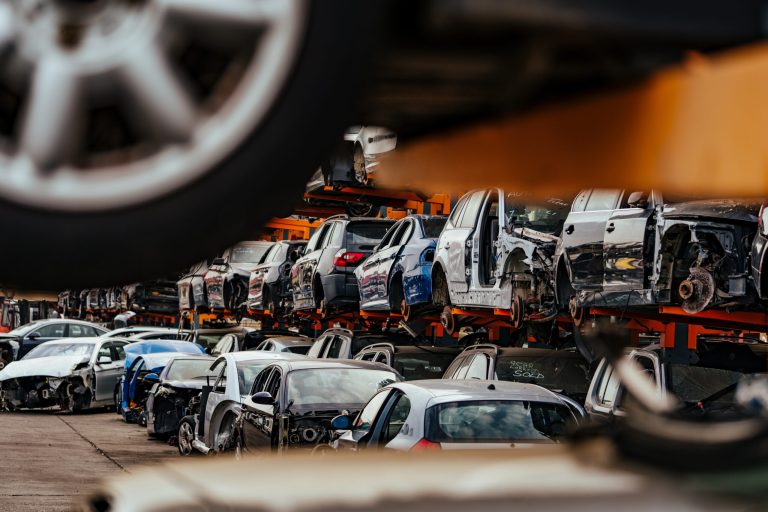Electric cars are good for the environment, but what happens to a car at the end of its life cycle? Is it really good for the environment if it's buried in a landfill? I bring it to your attention innovative solution It is revolutionizing the automotive industry and addressing the pressing issue of sustainable vehicle recycling.
Carbon Rivers, a certified small business headquartered in Knoxville, Tennessee, has successfully developed an ESG upcycled fiberglass circular economy for all complex industry sectors, with a focus on the automotive industry. Carbon Rivers is transforming the way cars are recycled By extracting composite materials from car parts and reusing them instead of sending them to landfills.
Vehicles made from non-recyclable materials reinforced with glass fibers end up in landfills after retirement, posing a significant challenge to electric vehicles and the sustainability of the automotive industry. However, Carbon Rivers' technology provides a practical and responsible way to reuse these materials at the end of their lifecycle. Through the Glass to Glass (G2G) process, these materials can be transformed into sustainable and recyclable composite materials.
In addition to innovative technology, Carbon Rivers is looking forward to partnering with industry leaders and collaborators to demonstrate upcycled fiberglass composite moldings and showcase their capabilities with advanced technology. The Mazda RX-8 has been converted from a gasoline car to a fully electric supercar, resulting in a significant performance improvement. And even parts of the Mazda EV are made from recycled wind turbine blades. Additionally, Carbon Rivers collects used batteries from his EVs, recovers the graphite within the batteries, and introduces that graphene into subsequent lifecycle manufacturing as well as new batteries. This is a truly sustainable life cycle.
Carbon Rivers leverages its expertise in EV batteries, automotive composites, and automotive coatings to commercialize advanced materials and technologies. The company is currently seeking funding with ANC partners to develop scale-up industrial and post-consumer glass fiber recovery for composites manufacturers. Imagine used wind blades and fiberglass manufacturing scrap being incorporated into your next vehicle.


